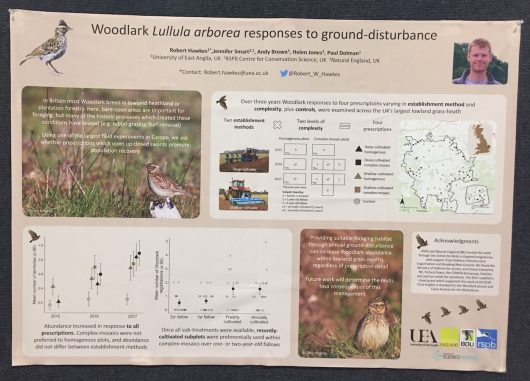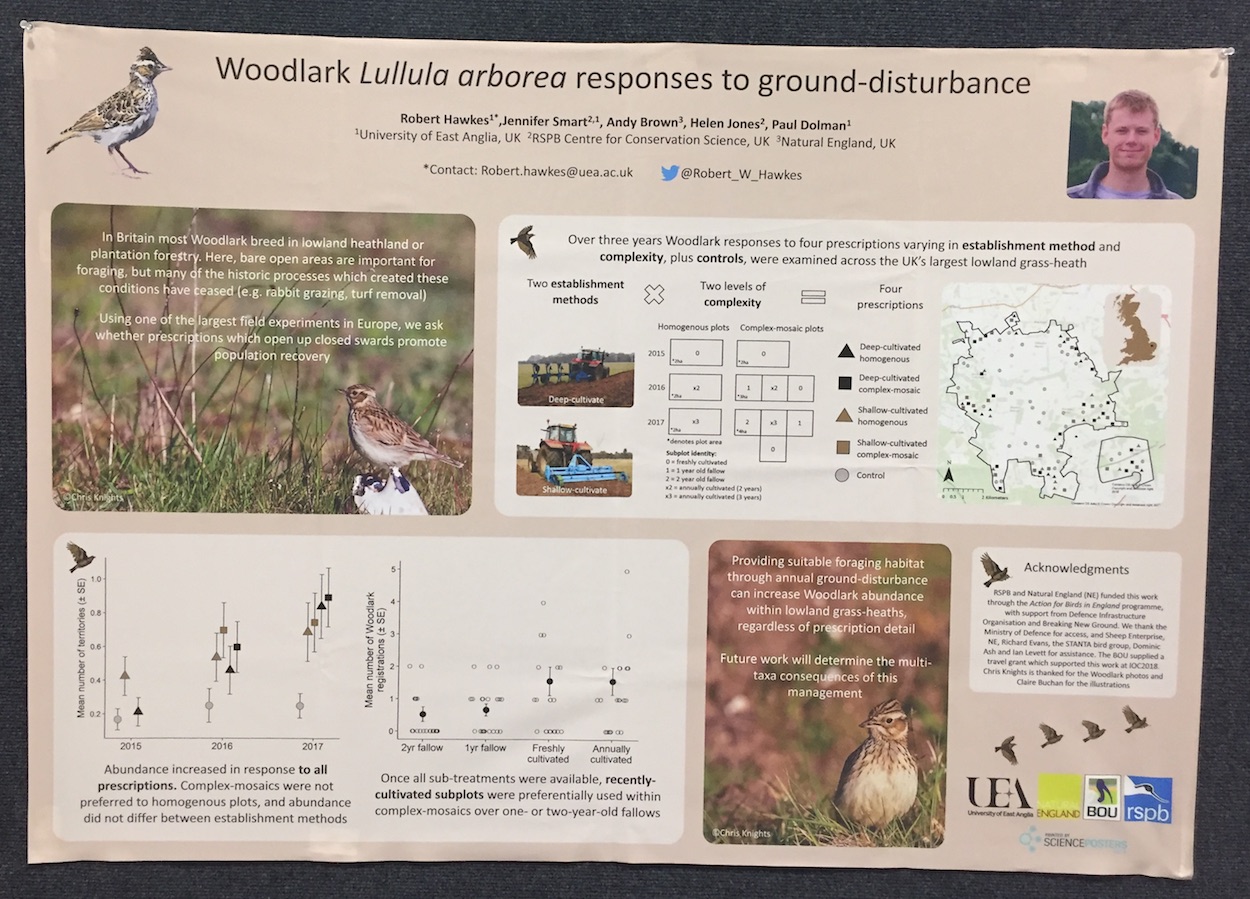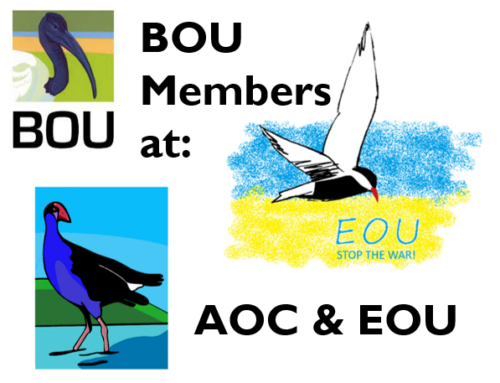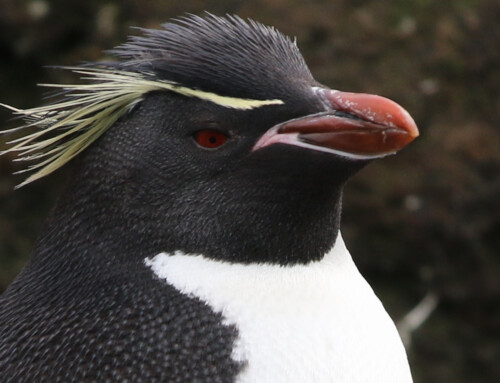
An enjoyable and academically  fulfilling experience
fulfilling experience
Prior to the International Ornithological Congress in Vancouver (IOCongress2018) all but one of my previous conferences have been held in the UK. With 18 months left to go on my PhD, this conference was a unique and timely opportunity to present my latest thesis chapter, gather feedback from an international audience, and learn the latest in ornithological research (whilst seeing an Orca or two).
The five-day conference was brilliant, but my personal highlight was the registration day, where the BOU and RSPB hosted a symposium on the ecology and conservation of grassland birds – a topic directly relevant to my PhD. The science presented during this symposium was impressive, which included well-designed experiments (e.g. Nicola Koper’s experiment investigating impact of anthropogenic noise on grassland birds), and long-term datasets (e.g. Jane Reid’s 30-year Red-billed Chough Pyrrhocorax pyrrhocorax dataset, which has allowed detailed examination of the demographic processes driving worrying declines).

I enjoyed my own oral and poster presentations, which showed the positive impact of experimental ground disturbance on breeding Woodlark Lullula arborea – a conservation technique we hope will be adopted for the species. Opportunities to meet international researchers working on similar topics are often rare, and the conversations I had gave me new ideas to take forward, whilst validating some of my own.
Personally, IOCongress2018’s main attraction was the wealth of topics covered by the plenary and symposium sessions. I especially enjoyed the migratory sessions, which included a brilliant series of talks on the drivers of migratory decisions, the impact of these decisions on fitness, and how these processes are changing (or will change) with anthropogenic pressure(s). Two months on and I regularly find myself thinking where this research could go next to gain further insight into these systems. Specifically, it would be fascinating to learn whether the factors that influence natal dispersal (the life history stage where long-lasting decisions on site selection often happen) can be identified and predicted for migratory populations, and if so, whether experimental solutions could be devised to entice first-time breeders to the best habitats. This would make an impactful and fascinating study!
In summary, IOCongress2018 was an enjoyable and academically fulfilling experience. It’s easy to get absorbed into your own research, but these opportunities provide the perfect platform for challenging your own ideas and introducing new ones. I would like to thank the BOU for giving me the opportunity to do just that.
Blog posts express the views of the individual author(s) and not those of the BOU.
If you want to write about your research in #theBOUblog, then please see here.





